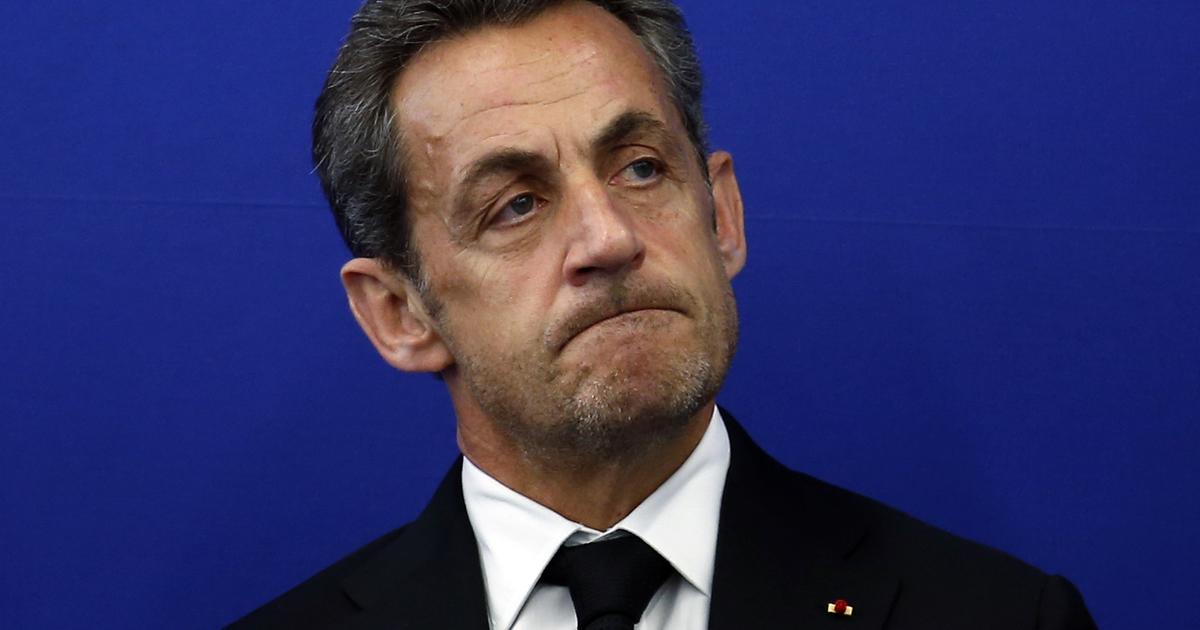A Paris court ruled on Monday the former French president Nicolas Sarkozy guilty of corruption and influence peddling and sentenced him to one year in prison and two years to a suspended sentence. The 66-year-old politician, who was president from 2007 to 2012, was convicted of illegally trying to obtain information from a senior magistrate in 2014 about a lawsuit he was involved in.
REUTERS
The court said Sarkozy has the right to ask to be detained at home with an electronic bracelet.
This is the first time in modern French history that a former president has been convicted of corruption.
Sarkozy’s co-defendants – his lawyer and longtime friend Thierry Herzog, 65, and now retired magistrate Gilbert Azibert, 74 – were also found guilty and received the same sentence from the politician.
The court concluded that Sarkozy and his co-defendants sealed a “corruption pact”, based on “consistent and serious evidence”.
The court said the facts were “particularly serious”, since they were committed by a former president who used his status to help a magistrate who served his personal interests. In addition, as a lawyer by training, he was “perfectly informed” about taking an illegal action, the court said.
Sarkozy vehemently denied all charges against him during the 10-day trial at the end of last year.
The corruption trial focused on telephone conversations that took place in February 2014.
At the time, investigative judges had opened an investigation into the financing of the 2007 presidential campaign. During the investigation, they found incidentally that Sarkozy and Herzog were communicating via secret cell phones registered under the pseudonym “Paul Bismuth”.
Conversations tapped on these phones led prosecutors to suspect that Sarkozy and Herzog promised Azibert a job in Monaco in exchange for leaking information about another legal case, known by the name of France’s wealthiest woman, L’Oreal’s heiress Liliane Bettencourt.
In one of these calls with Herzog, Sarkozy said of Azibert: “I’m going to make you go up … I’m going to help you.”
In another, Herzog reminded Sarkozy of “saying a word” by Azibert during a trip to Monaco.
The lawsuits against Sarkozy were closed in the Bettencourt case. Azibert never got a job in Monaco.
Prosecutors concluded, however, that the “clearly stated promise” is in itself a crime of corruption under French law, even if the promise has not been kept.
Sarkozy has vigorously denied any malicious intent.
He told the court that his political life consisted of “giving (people) a little help. That’s all, a little help,” he said during the trial.
The confidentiality of communications between a lawyer and his client was one of the main points of contention in the trial.
“You have in front of you a man whose more than 3,700 private conversations have been tapped … What did I do to deserve this?” Sarkozy said during the trial.
Sarkozy’s defense lawyer, Jacqueline Laffont, argued that the whole case was based on a “small talk” between a lawyer and his client.
The court concluded that the use of tapped conversations was legal, as long as they helped to show evidence of crimes related to corruption.
Sarkozy withdrew from active politics after not being chosen as his conservative party’s presidential candidate for the 2017 French elections, won by Emmanuel Macron.
He remains very popular with right-wing voters, however, and plays an important role behind the scenes, including through maintaining a relationship with Macron, whom he is said to advise on certain topics. His memoirs published last year, “The Time of Storms”, have been a best seller for weeks.
Sarkozy will face another trial later this month along with 13 others on charges of illegal funding for his 2012 presidential campaign.
His conservative party is suspected of having spent 42.8 million euros ($ 50.7 million), almost double the maximum allowed, to finance the campaign, which ended with the victory of socialist rival François Hollande.
In another investigation opened in 2013, Sarkozy is accused of having taken millions from then Libyan dictator Moammar Gaddafi to illegally fund his 2007 campaign.
He received preliminary charges of passive corruption, illegal campaign financing, concealment of stolen goods from Libya and criminal association. He denied any wrongdoing.

